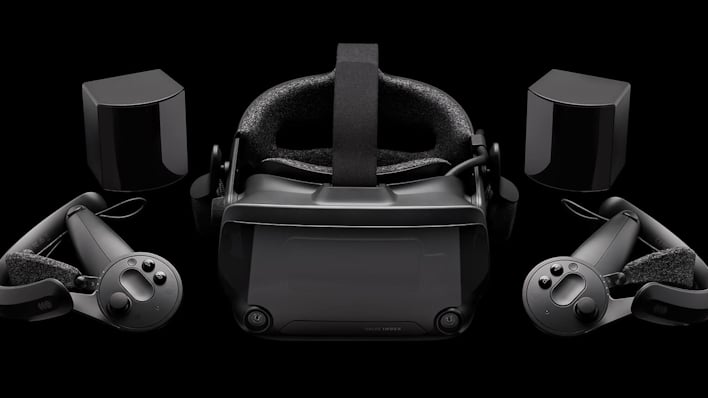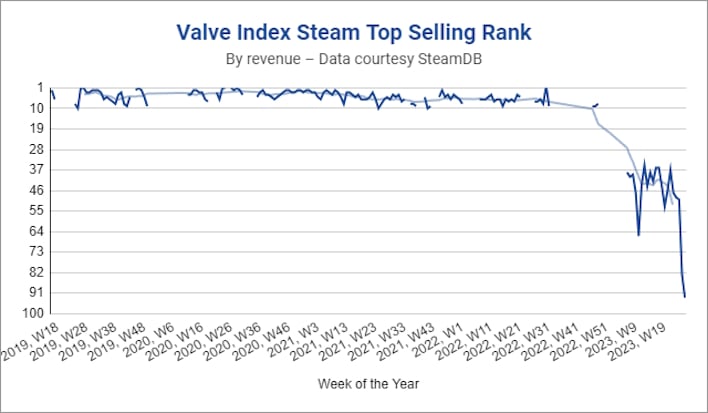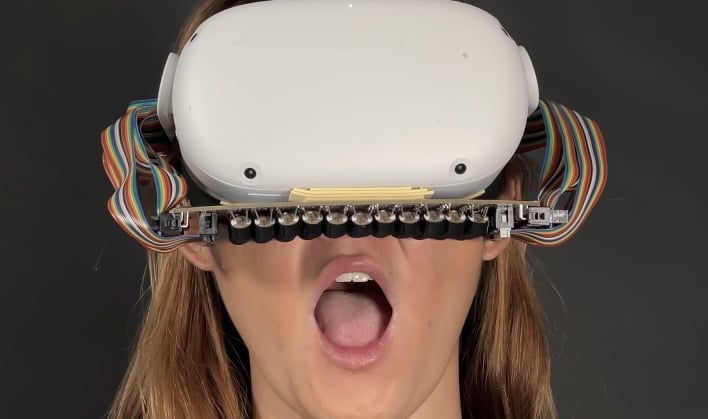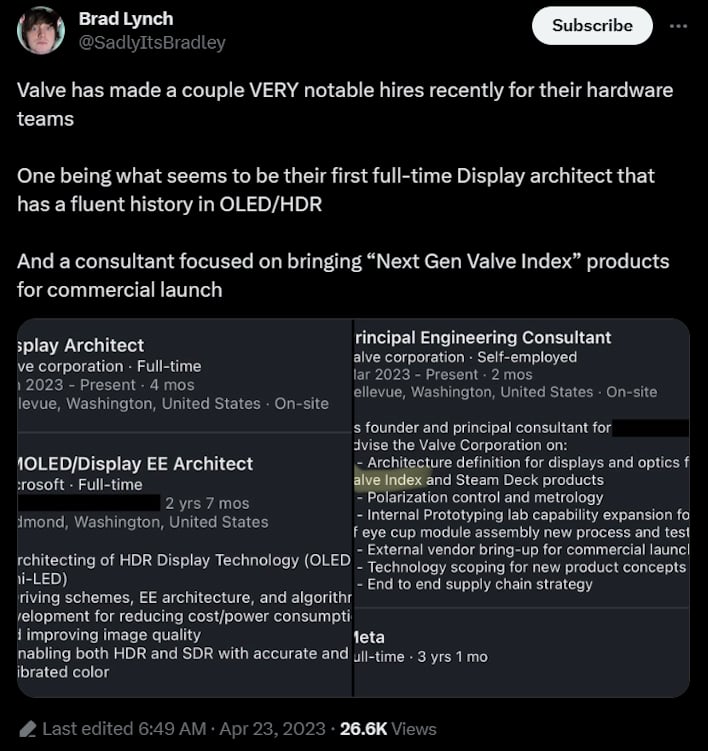Sales Of The Valve Index VR Headset Finally Slow After Four Years, What's Next?

Despite not being the best headset on paper, the Valve Index, touting its impressive dual 1400x1600 LCD displays at 120Hz, was still regarded as a game changer. The headset itself, costing $499, also incorporates two solid speakers to blast audio at you and a comfortable headband. The real magic, however, lived with the new knuckles controllers, included in the full $999 kit, that allowed users to manipulate their fingers individually in VR. It was, and still is, wild to see. This opened a whole new set of VR experiences and levels of immersion. These features were showcased by Half-Life: Alyx, though it was not necessary to have the new controllers to play the game.

Since that launch four years ago, sales for the headset have been on a slow decline, especially in 2023, as reported by RoadToVR and shown in the chart above. In that time, though, Meta has launched several VR headsets that allow people to play the same games and enjoy similar experiences for a significantly lower cost. Apple has also been working on VR and AR hardware, recently announcing the Vision Pro headset and potentially teasing a cheaper model.
Between the new headsets and Steam seemingly backing off advertising the Index in favor of the Steam Deck, we wonder what exactly is going on. Perhaps the market for VR is just not where it needs to be for a $1,000 VR experience, even excluding the other hardware requirements like a decent graphics card which have been hard to get in the recent past. Perhaps there are also snags with the technology, as there is always something better in the pipeline with display technology or even wireless data transmission technology.

This constant improvement likely makes the development of a headset hard and also makes consumers wary of buying something that might immediately be upstaged by something better shortly thereafter. However, we are reaching a point where, with the right new headset, you may not need another VR purchase for some time. Display technology has become impressive, and announcements like 802.11bb “Li-Fi” could enable the ultimate untethered VR experience. Though haptics from Ready Player One aren’t quite there, they are getting there slowly. Even then, that could be a later add-on to base virtual reality equipment.
The other question is, what makes VR more than a novelty? Some outstanding games incorporate VR or are based entirely on VR, but that is just in the gaming space. The ‘metaverse’ still has not been latched onto, even though it has been around for years. Even though the technical advancements might be in place or coming very soon, the social aspects do not seem to be all there yet.
Despite these concerns, we still would like to see another Valve headset come and usurp not only the Index but also the modern competition. Of course, this would have to be done at a more modest price and likely be wireless to be very worthwhile, but it should still be doable. We are not pulling this out of thin air, though, as Valve seems to be making moves in the background. In April, the company appeared to hire people familiar with OLED and HDR displays and consultants for future VR products.
This means that VR development is still beating away at Valve, and we cannot wait to see what comes next, even if it might be a while. Hopefully, between this and other competition from the likes of Meta and Apple, we will finally see VR take off in a way not seen prior.


